Publications
Articles, publications, books, tools and multimedia features from the U.S. Institute of Peace provide the latest news, analysis, research findings, practitioner guides and reports, all related to the conflict zones and issues that are at the center of the Institute’s work to prevent and reduce violent conflict.
Question And Answer
Blinken’s China Trip Shows Both Sides Want to Stabilize Ties
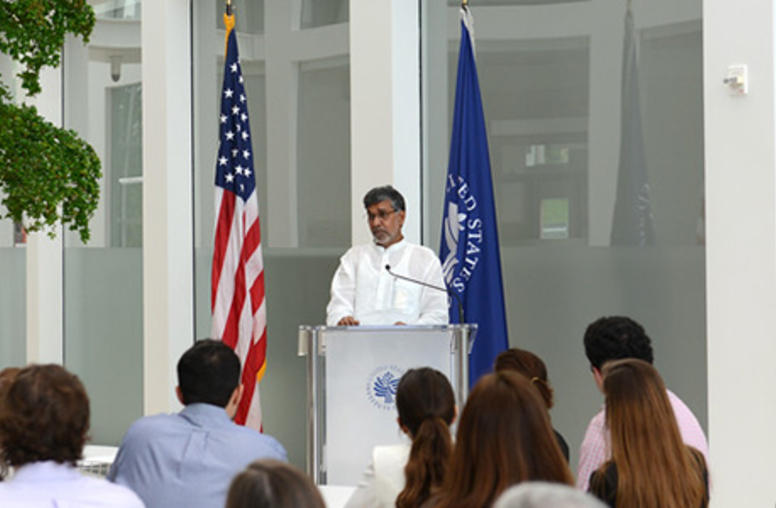
India’s Nobel Winner Takes His Fight for Children Global
Indian children’s rights campaigner Kailash Satyarthi is using his Nobel Peace Prize to build a global campaign to end child labor and enslavement. He outlined his plan at the U.S. Institute of Peace last week in his first visit to the U.S. since receiving the award.
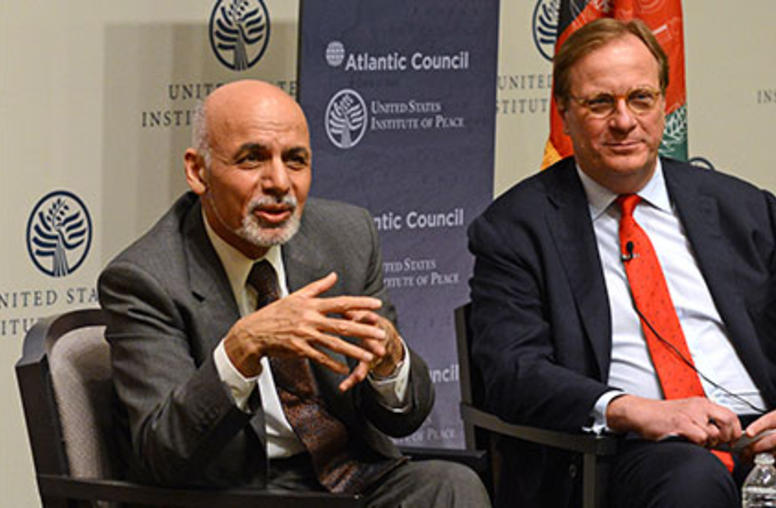
Afghan President: Pakistan Is Why Peace with Taliban Is Possible
Afghan President Ashraf Ghani has declared himself “cautiously optimistic” that he can get Pakistan’s help to negotiate a peaceful end to Afghanistan’s 13-year-old Taliban insurgency. Tonight he explained why.
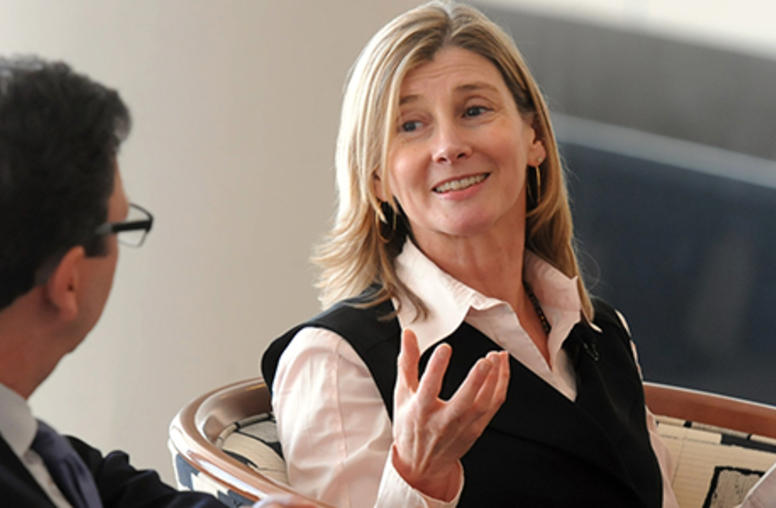
To Prevent and Resolve Violent Conflict, “We Need a Ground Game”
In an increasingly globalized, super-connected world, violent conflict moves faster and less predictably than a generation ago, with less regard for national borders. It combines dangerously with cyber networks, social media, environmental degradation and disease.
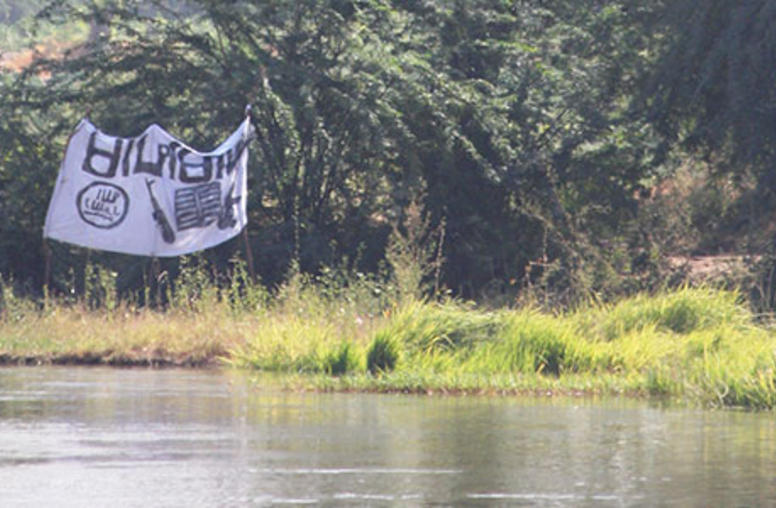
Q&A: Amid Boko Haram’s War and Postponed Vote, What Prospects for Nigeria’s Election?
Nigeria, Africa’s most populous country, begins 2015 at the brink of both a historically important election and a breakdown of state authority that is simultaneously cause and effect of the Islamist Boko Haram rebellion. Nigeria’s ability to govern itself effectively will be critical in determining whether Boko Haram can be contained or continues to grow into a trans-national threat like that of the Islamic State of Iraq and Syria (ISIS) in the Middle East.
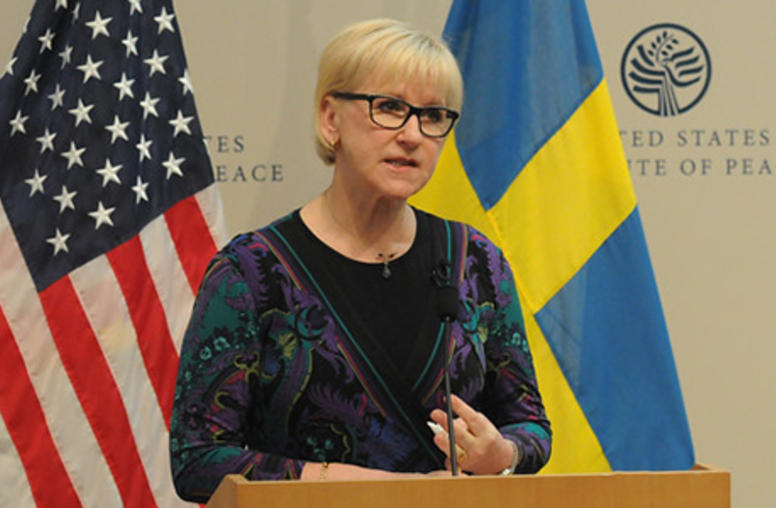
Sweden’s Foreign Minister Explains Feminist Foreign Policy
When Swedish Foreign Minister Margot Wallström announced last year that her government would pursue a “feminist foreign policy,” the idea “met with considerable derision,” she says. “We call it the giggling factor.” And where the response was not quiet laughter, it was often confusion, including in Washington. “No one knows what this means” for Sweden’s approach to conflicts such as the Russia-Ukraine war, a Foreign Policy headline declared in December.
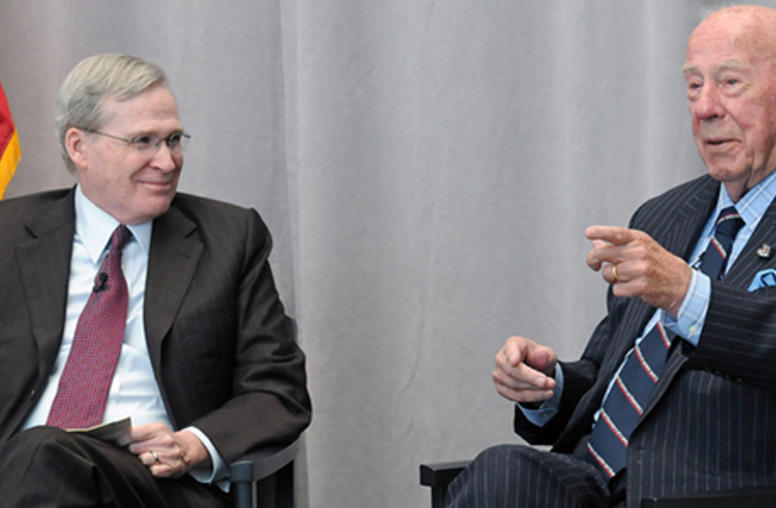
China Has Peaked as a Challenger to U.S. Power, Former Secretary of State Shultz Says
While China continues to grow as an economy and a military and political power, its overall influence relative to the United States has passed its peak, former Secretary of State George Shultz said at the U.S. Institute of Peace January 30. As China’s population ages, fewer working-age people must support a larger aged and dependent populace. “I think China, in relation to the U.S., has already reached its peak,” Shultz said in offering the Institute’s annual Dean Acheson Lecture.
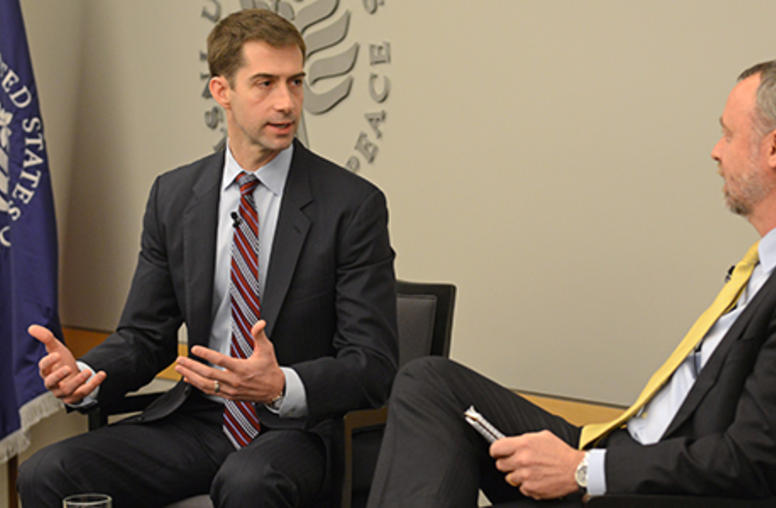
Iraq Crisis Builds Bipartisan Support for Keeping U.S. Troops in Afghanistan, Senator Cotton Says
The revival by ISIS of a brutal Islamist offensive in Iraq makes it urgent to prevent a similar reversal in the Afghan war—and is increasing congressional support for President Obama to maintain U.S. troops in Afghanistan, Senator Tom Cotton (R-Arkansas) said today.
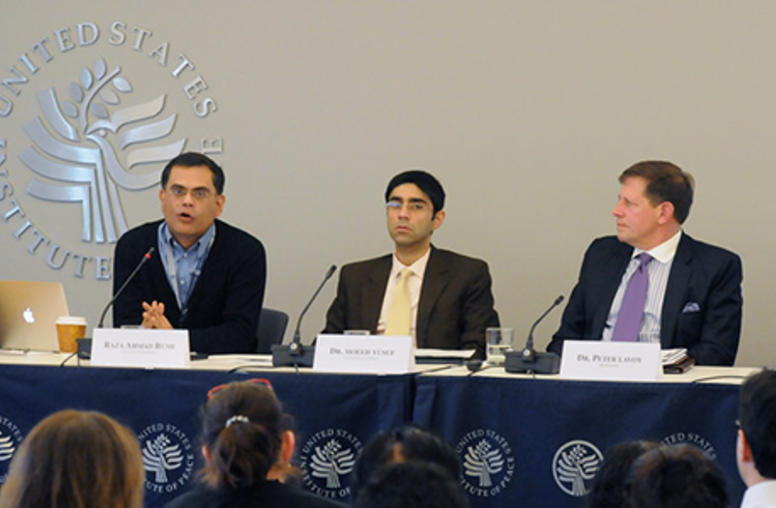
Pakistan Massacre of Schoolchildren: What Has It Changed?
Even having lost 50,000 people killed in terrorism-related violence over more than a decade, Pakistan was stunned by the Taliban massacre of 145 schoolchildren and others at an Army school in Peshawar on December 16, 2014. With some commentators calling the event “Pakistan’s September 11,” the U.S. Institute of Peace convened experts to assess whether the country may actually have reached a decision point that could yield a more consistent and effective state campaign against terrorism.